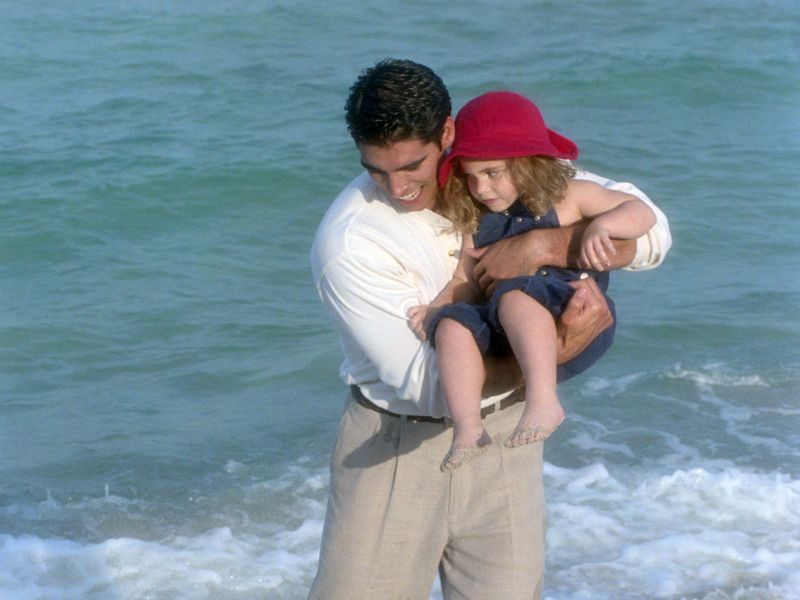 |
June 2017
Summer is here and it is a great time for some summer safety reminders.
It is easy to get sunburn. Just 15- 30 minutes exposure in moderate to high ultraviolet (UV) light can result in sunburn. Dermatologist recommend putting on sunscreen daily in the morning. When you pick sunscreen make sure that is has protection against both UVA and UVB. The American Academy of Dermatology recommends a minimum sun protection factor of 15. Sunscreen needs to be reapplied regularly and most products recommend a reapplication after 2 hours. Reapplication is especially important after any significant sweating or swimming. Avoid being out in the sun during the midday when the sun’s rays are the strongest, typically between 10 am and 4 pm. Skin cancer often can occur on the top of the head, neck and the external tip of the ears so use sunscreen on those areas or better yet, protect your head and face with wide brim hats. The lips are very sensitive to sun but fortunately there are many lip balm products that contain sun protection. Your eyes can be affected by strong sun light so do not forget about using sunglasses to protect from UV rays.
Heat stroke is a real issue in NC. Heatstroke occurs when your body overheats and your core temperature can rise to 104 degrees Fahrenheit. Try to prevent this by staying well hydrated and avoiding strenuous exposure, work and exercise during the heat of the day. Recognize warning symptoms of heat stroke that may include heavy sweating, flushing, dizziness, fatigue, muscle cramps, headache and nausea. If you feel early symptoms when outside seek shelter indoors, drink plenty of fluids, remove tight clothing and take a cool shower or sponge bath. Other cooling measures such as fans and ice towels also can be used to lower your body temperature. Heat stroke is a medical emergency, contact 911 if symptoms persist.
Finally, with summer comes picnics and outdoor eating. Unfortunately, it is easy for foods to spoil with the warmer weather. As a general rule of thumb, once hot foods fall below 140 degrees Fahrenheit, they are safe for 2 hours and likewise when the temperature of cold foods rises above 40 degrees they are safe for about 2 hours. When the temperatures outside is above 90 degrees, the time for food to spoil may be reduced to 1 hour.
Be safe and enjoy your summer.
|
 |
 |
 Avoid a Nasty Surprise From the Barbecue Grill
Avoid a Nasty Surprise From the Barbecue Grill
SUNDAY, June 25, 2017 Summer wouldn't be complete without ribs and burgers sizzling on the barbecue grill.
But those hot-weather American staples can bring a rise in injuries from wire bristle grill brushes.
L... Read more |
 Surf's Up! How to Plan for a Safe Beach Vacation
Surf's Up! How to Plan for a Safe Beach Vacation
SATURDAY, June 24, 2017 Heading to the beach this summer? Make safety part of your vacation planning.
Sun protection belongs at the top of your packing list. Must-haves include sunscreen, sunglasses, protective clothing... Read more |
 Choosing the Right Sunglasses
Choosing the Right Sunglasses
FRIDAY, June 23, 2017 You might think of eye problems like cataracts as signs of old age, but one step you can take now will protect your vision for the future -- and you can do it with style.
We're talking about sungl... Read more |
 Cooking Out? Don't Forget Your Food Thermometer
Cooking Out? Don't Forget Your Food Thermometer
SATURDAY, June 17, 2017 Keep food safety at the top of your mind when you cook out this summer.
A key is using a food thermometer when you prepare meat or poultry, according to the U.S. Department of Agriculture Food Sa... Read more |
|
 |
|
|